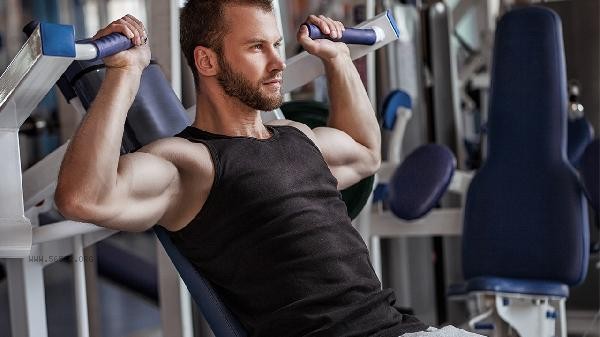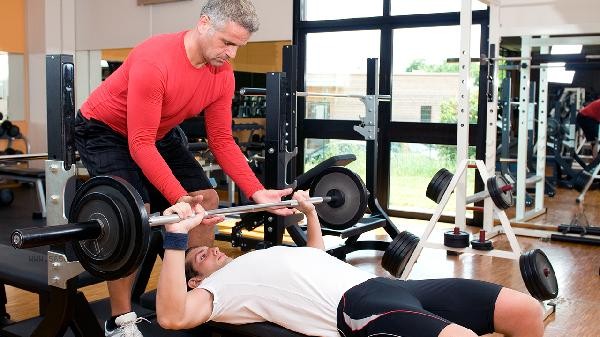Men should avoid high sugar and high-fat foods, alcoholic beverages, processed foods, excessive salt, and raw, cold, and stimulating foods during their fitness period. These foods may affect muscle synthesis, increase fat accumulation, or hinder metabolic efficiency.

1. High sugar and high-fat foods
Fried foods, cream cakes, and other foods containing trans fatty acids and excessive sugar can rapidly increase blood sugar levels and transform into fat accumulation. After being consumed by fitness enthusiasts, it is easy to counteract the effects of exercise and may lead to insulin resistance in the long run. Suggest using healthy fats such as nuts and avocados as substitutes.
II. Alcoholic beverages
Beer, Baijiu, etc. will inhibit testosterone secretion, reduce the efficiency of protein synthesis, and dehydration effect will affect muscle recovery. Alcohol metabolism has a higher priority than fat burning, and excessive drinking at once may offset the results of several days of training. It is best to completely quit during the fitness period. 3. Processed foods such as sausages and frozen pizzas contain nitrite and preservatives, which require additional detoxification and energy consumption by the liver. This type of food has low nutritional density and poor satiety, which can easily lead to overeating. Choosing natural ingredients such as fresh poultry and brown rice is more conducive to muscle building and fat loss.
4. Excessive salt content
Excessive sodium content in pickled foods, sauces, etc. can cause swelling and mask changes in body fat percentage. Sodium potassium imbalance may also cause muscle spasms after exercise. Daily salt intake should be controlled within 5 grams, often seasoned with natural spices.

Fifth, raw and cold stimulating foods
sashimi, cold drinks, etc. may cause gastrointestinal discomfort and affect protein absorption efficiency. Excessive consumption of spicy food can irritate the mucous membranes and exacerbate the body's inflammatory response after exercise. It is recommended to focus on warm cooking for fitness meals and avoid consuming stimulating foods two hours before and after training.
Fitness diet needs to be dynamically adjusted according to training goals. During the muscle building phase, high-quality protein and slow carbon intake can be appropriately increased, while during the weight loss phase, total calorie intake should be controlled. It is recommended to record daily diet and body fat changes, gradually finding the most suitable food combination for personal metabolic characteristics. Timely replenish electrolytes and protein after exercise to avoid overeating at night. If there are special health issues, personalized plans should be developed under the guidance of a nutritionist.








Comments (0)
Leave a Comment
No comments yet
Be the first to share your thoughts!